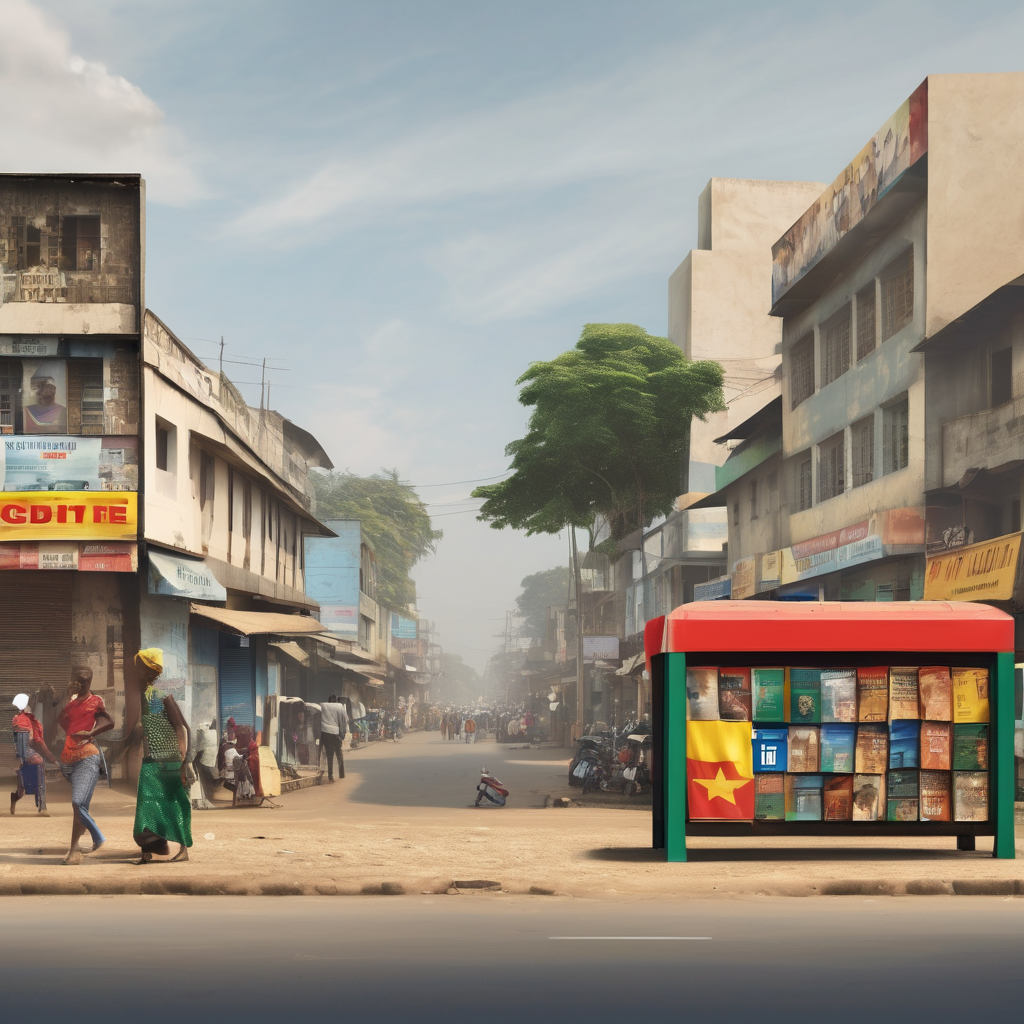Cameroon’s long-standing President Paul Biya has claimed his eighth term in office, according to the recently released election results. However, this victory has ignited violent protests, particularly in Douala, the nation’s commercial hub, where supporters of opposition candidate Issa Tchiroma Bakary have accused the government of electoral malpractice. Demonstrations escalated as armed groups aligned with Tchiroma took to the streets, erecting barricades from debris and burning tires to voice their outrage.
Clashes between police and protesters became commonplace, with law enforcement utilizing tear gas to disperse demonstrators. Streets that typically thrive with daily activity turned eerily quiet in the wake of the violence. In a statement on social media, the 92-year-old Biya offered condolences to those who lost their lives amid the unrest, emphasizing the necessity for reconciliation. He claimed victory with 53.66% of the vote, while Tchiroma received 35.19%, a result that Tchiroma has contested, asserting he is the true victor of the October 12 elections.
The opposition candidate reported violence near his home in Garoua, noting two fatalities from gunfire, and four deaths were recorded during the weekend protests in Douala. Political analyst Francois Conradie warned of a potential increase in civil unrest, predicting that many citizens will not accept Biya’s claim to victory and foreseeing significant challenges for the current administration.
Murithi Mutiga, Africa Program Director at the International Crisis Group, indicated that Biya’s mandate appears increasingly fragile due to widespread skepticism regarding the legitimacy of the election results. He urged immediate national mediation to prevent further violence.
Biya’s long rule has been marked by significant economic stagnation in Cameroon, a nation known for its oil and cocoa production. The calls for change have grown louder among citizens, mirroring sentiments in countries across Africa facing aging leadership, highlighting the desire for accountability and reform.
Notably, even within Biya’s family, dissent has emerged; his daughter Brenda once shared a TikTok video urging voters to reject her father’s candidacy. Amidst these dynamics, Tchiroma has risen as a formidable challenger, evolving from a government spokesperson to an opposition leader, rallying substantial support from various civic groups.
The current political landscape in Cameroon illustrates the turbulence of ongoing events and reflects the resilient spirit of its citizens, who are increasingly demanding a new direction for their country.
